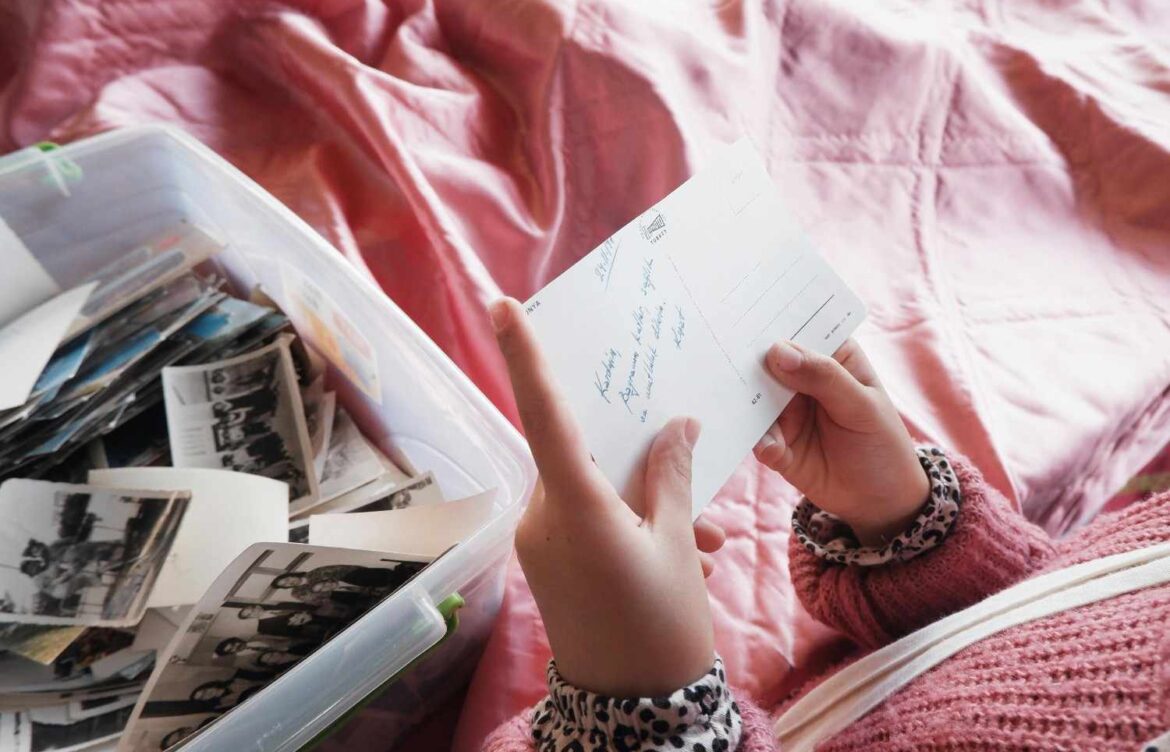
By Mental Health Team
How to Build a “Homesickness Toolkit” of Coping Strategies
Article Overview
hide

